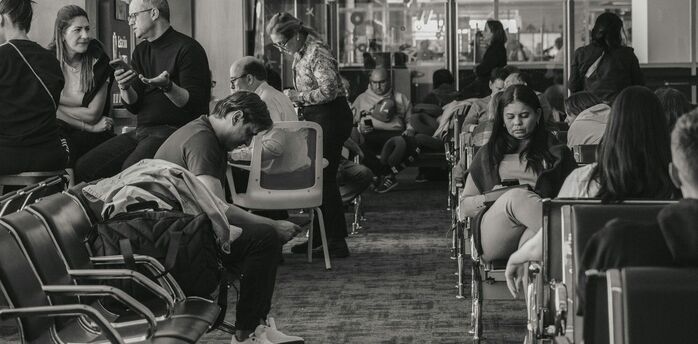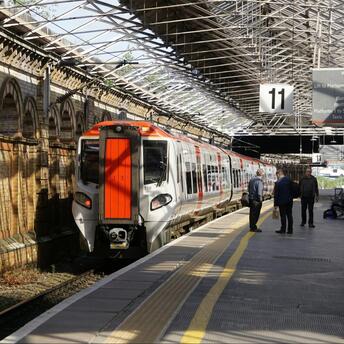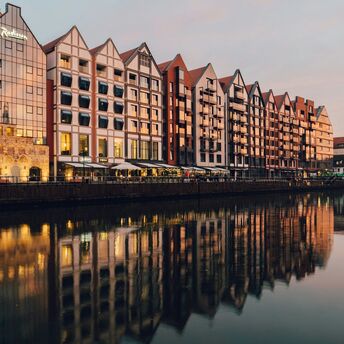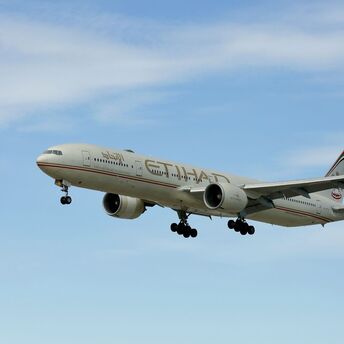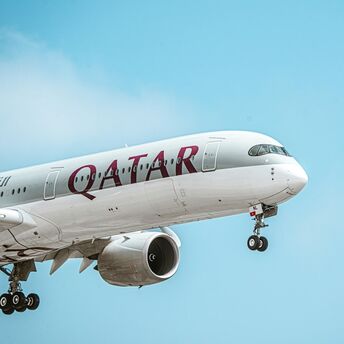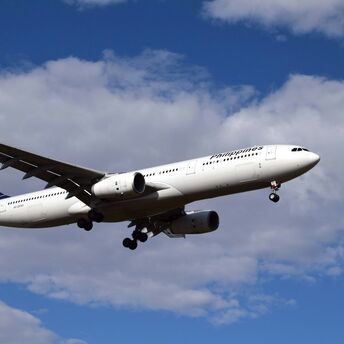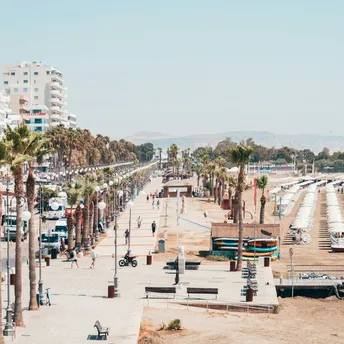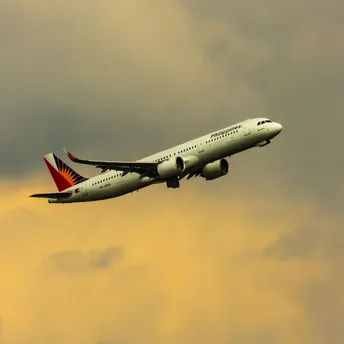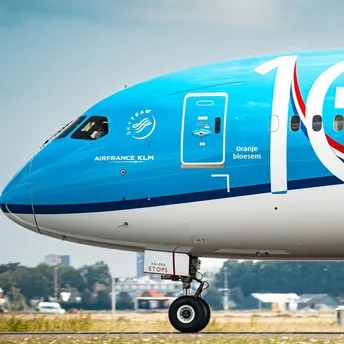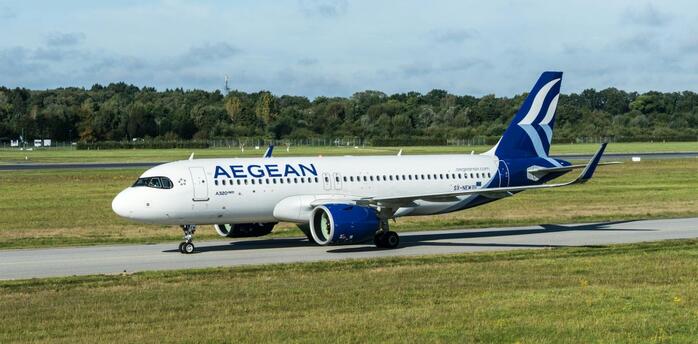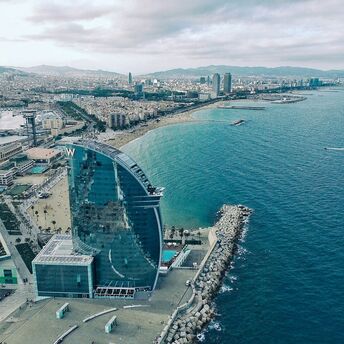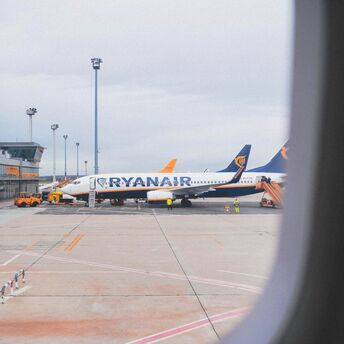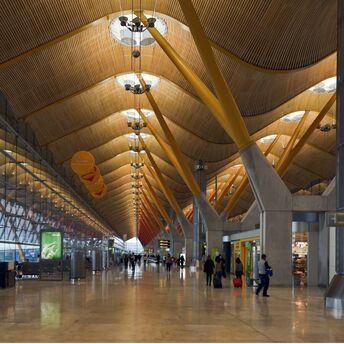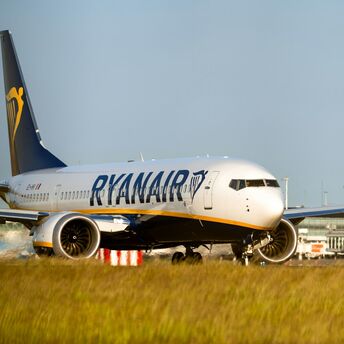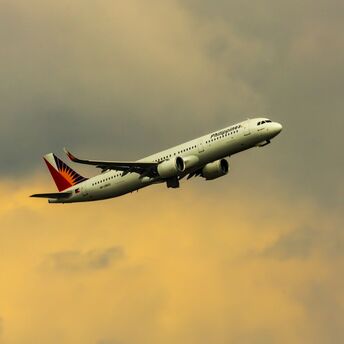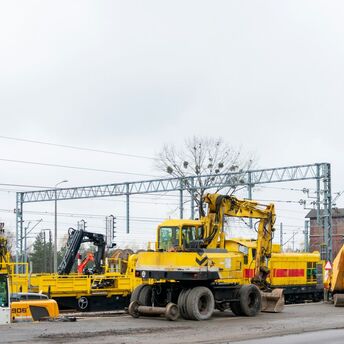Ongoing Boeing Workers' Strike: Impact on Production and Tourism

Boeing workers continue their strike after rejecting the company’s latest wage increase proposal, prolonging the conflict into a second month and further straining the financial health of the aviation giant. This week, 64% of employees voted against the most recent offer, which included a 35% salary increase over four years. This is the second time Boeing’s conditions have been rejected; a month ago, 95% of workers also voted against the proposal, triggering the current strike.
The strike has affected 30,000 workers at Boeing’s factories on the West Coast of the U.S., halting production of one of the company’s best-selling planes. This disruption could impact the aviation industry, including the tourism sector, which relies on the timely delivery of new aircraft to expand fleets and maintain regular flight schedules. With continued growth in demand for air travel, especially as the winter travel season approaches, delivery delays could create additional challenges for airlines.
The strike has raised concerns not only in the aviation industry but also in the tourism sector. Delays in new aircraft production may affect airlines that need to update and expand their fleets to meet the demand for international flights, potentially impacting flight availability for tourists and increasing ticket prices.
Given that many airlines and travel operators depend on the timely delivery of planes to operate their routes, further delays could have a negative impact on the tourism market. Travelers planning trips should be prepared for possible changes in schedules and rising airfare costs in the near future, especially with the upcoming holiday season.
Thus, the ongoing conflict at Boeing's factories could significantly affect both the aviation industry and the tourism sector, requiring airlines and travelers to pay close attention to the evolving situation.


